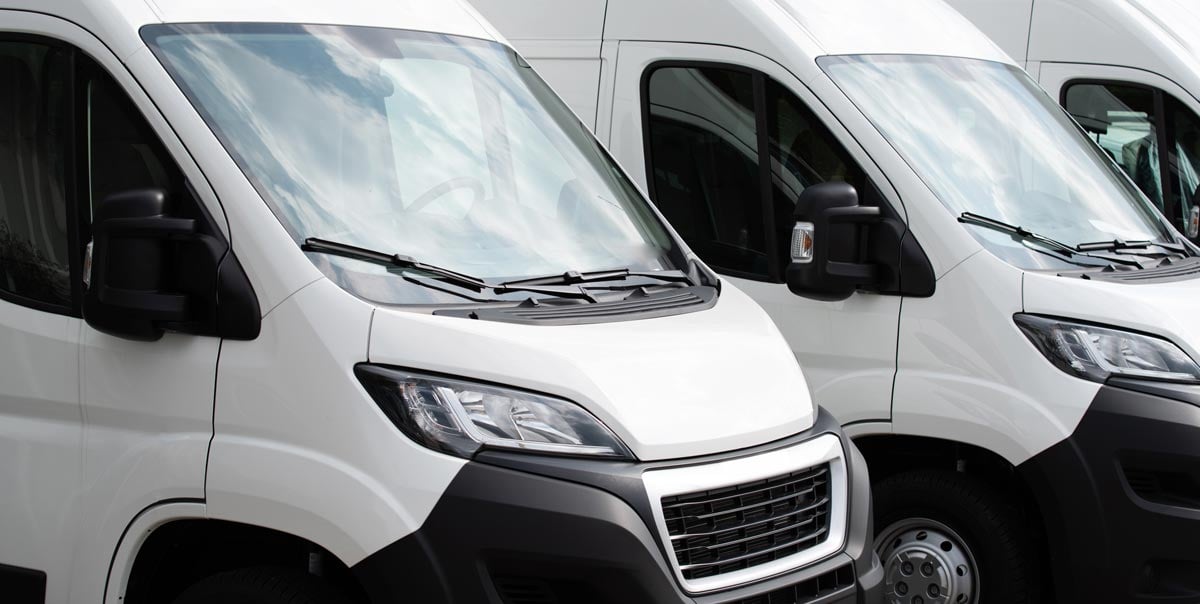If you are thinking about starting a business, or you would like to expand an existing business, you may be wondering how you can obtain the necessary funding to purchase commercial real estate. The answer may be found in either a Small Business Administration (SBA) loan or a line of credit.
SBA loans were created by the U.S. government to help small businesses obtain the capital they need to operate or expand. Instead of being offered directly by the SBA, these loans are offered by banks and credit unions.
To make a smart business decision, you’ll want to know about the different types of commercial real estate loans. Learn more below.
Why Should You Consider an SBA Loan?
Before looking at the types of commercial real estate loans, you may be wondering why you should consider an SBA loan. SBA loans have several advantages over conventional loans for commercial real estate that are worth examining.
First, they are usually easier to obtain than conventional loans because they are backed by the SBA. Depending on the type of loan, up to 85% may be backed. This makes lenders more willing to loan money to startups and other businesses that wouldn’t normally qualify for a loan.
SBA loans also have very low down payment requirements, which can be as low as 10%. Longer repayment terms than conventional loans are also offered. The longer you can take to repay a loan, the lower your monthly payments. This allows businesses to conserve cash for payroll, utilities, inventory, and other expenses.
Let’s take a look at the types of commercial real estate loans.
SBA 7(a) Loan
Perhaps the most common SBA loan is the 7(a) loan. Although they can be used for purchasing or renovating commercial real estate, 7(a) loans can also be used for other business needs including:
- Buying an existing business
- Startup costs
- Working capital
- Equipment, fixtures, and supplies
- Refinancing debt
- Inventory
Up to $5 million can be borrowed with a 7(a) loan and there are no minimum loan amounts. Interest rates can be either fixed or variable, depending on the lender. Loan terms of up to 25 years are available for commercial real estate.
To qualify for a 7(a) loan, a business must meet the following requirements:
- Be for-profit and operate in the U.S. or its territories
- The owner must have reasonable equity in the business
- Use alternative financing before applying
- Have a legitimate need for the loan
One of the best things about 7(a) loans is that 85% of loan amounts up to $150,000 are backed by the SBA. For loan amounts over $150,000, 75% is backed.
SBA 504 Loan
SBA 504 loans are used to purchase commercial real estate, but they can also be used to finance long-term machinery and equipment. Up to $5 million can be borrowed. They are offered through non-profit organizations called Certified Development Companies (CDCs), which promote economic development in the communities they serve.
To qualify for a 504 loan, a business must meet the following requirements:
- Be for-profit and operate in the U.S. or its territories
- Have a net worth of less than $15 million
- Have an average net income of less than $5 million for the previous two years
A down payment of only 10% is required with a 504 loan, although 20% may be required in some cases. For commercial real estate, terms of up to 25 years are available. Interest rates are fixed and are tied to 5- and 10-year U.S. Treasury notes.
SBA Express Loan
An express loan is the best financing option for those who need funds in a hurry. While most SBA loans can take 2 to 3 months to process (or longer in some cases), the application process for express loans only takes 36 hours.
As of September 30, 2021, the maximum amount that can be borrowed with an express loan is $500,000. Interest rates are determined by lenders but are capped by the SBA at the current prime rate plus 6.5%. For commercial real estate purchases, repayment terms of up to 25 years are available.
To qualify for an SBA express loan, a business must meet the following requirements:
- Qualify as a small business under SBA guidelines
- Be for-profit and operate in the U.S. or its territories
- Have reasonable owner equity in the business
- Have already invested personal assets in the business
In addition to the previous requirements, you will also have to meet your lender’s financial requirements. You will need a strong credit score, and you will have to demonstrate that your business is profitable. Your business will also need at least two years of operational history. If you plan on borrowing more than $25,000, collateral may be required.
Business Line of Credit
Another option to consider if you need to either purchase or renovate commercial real estate is a business line of credit. This financing option is different from a traditional loan in how you receive and repay the money you borrow.
A line of credit operates similarly to a credit card. Instead of receiving a lump-sum payment for the and then making monthly payments, you receive a credit limit that you can draw from as needed. You can then replenish your credit limit by repaying the money you borrowed, or you can make interest-only payments for the duration of the draw period (typically 10 years).
Your credit limit will vary depending on the lender, but amounts can be from $1,000 to $250,000. Interest rates can be either fixed or variable, and collateral is usually required.
Business lines of credit are most often granted to profitable businesses with an operational history of at least six months. Information you may have to provide when applying includes:
- Business and personal tax returns
- Financial statements
- Bank account information
Which Type of Commercial Real Estate Loan Should You Choose?
Buying commercial real estate is something that many businesses can do with the loan options offered by Wasatch Peaks Credit Union. If you are unsure which loan option to choose, one of our representatives can assist you with determining the financing option that is best for your needs.
Although it may at first seem intimidating, buying commercial real estate isn’t a complicated process. You can review the following checklist to see what steps you need to take to acquire land, a building, or something else.



